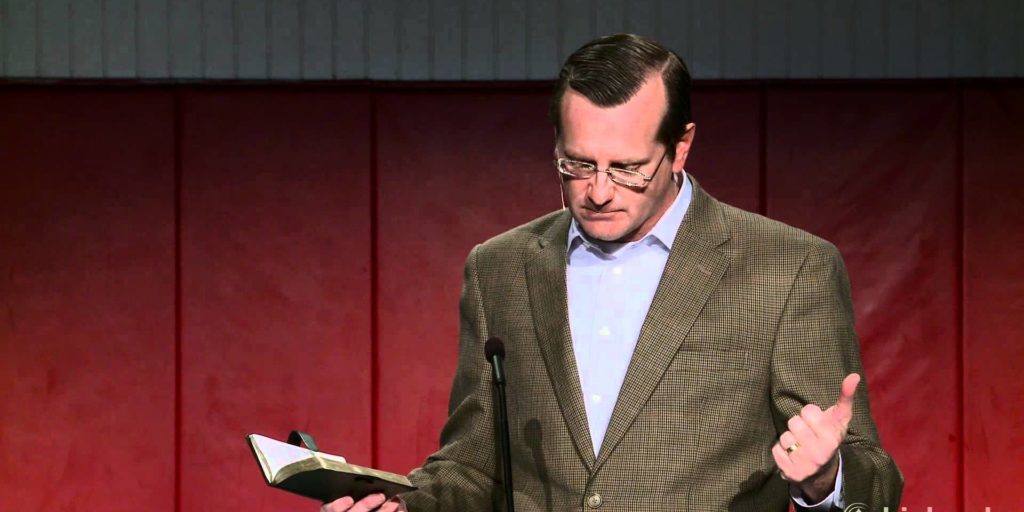
Thomas Schreiner on the Doctrine of Justification
The Gospel Coalition recently interviewed Thomas Schreiner concerning his new book in The 5 Solas Series. Schreiner’s book is called Faith Alone—The Doctrine of Justification: What the Reformers Taught…and Why It Still Matters (The Five Solas Series).
Here is the start of the interview:
 What is meant by the phrase “justification by faith alone”? Where in the Bible would you turn to learn more about this doctrine?
What is meant by the phrase “justification by faith alone”? Where in the Bible would you turn to learn more about this doctrine?
Justification by faith alone means that we stand in the right before God by faith instead of on the basis of our works. In the classical Protestant formulation of the doctrine, justification doesn’t mean make righteous, but rather declare righteous. When we speak of righteousness by faith alone, it doesn’t follow that faith is our righteousness. Rather, our faith unites us to Jesus Christ who is our righteousness. Our righteousness, then, isn’t in ourselves but in Jesus Christ crucified and risen. The righteousness of Christ is imputed to us by faith so that our forgiveness of sins and righteousness are gifts of God.
The classic texts supporting this teaching are Romans 3:21–4:25 and Galatians 2:16–3:14. We see a powerful illustrations of this teaching in Jesus’s forgiveness of the sinful woman (Luke 7:36–50) and the parable of the Pharisee and the tax collector (Luke 18:9–14).
The doctrine has often been misunderstood. We shouldn’t conclude that good works are unnecessary or unimportant, for good works are also necessary for justification. But they are the necessary fruit or evidence of justification (James 2:14–26). Our good works aren’t the basis of justification. Since God demands perfection, the righteousness of Christ alone stands as the basis of our righteousness.
In your own life, or in your ministry, what difference does the doctrine of justification by faith alone make?
It is the best news in the world, for if justification is by faith alone, then there is hope for every sinner—no matter how far we have fallen away from God. In my ministry, I want to regularly proclaim the good news that our righteousness doesn’t reside in ourselves but in Jesus Christ. If the great sin is pride, as C. S. Lewis says, justification by faith alone reminds us that we have no reason for self-worship, for all the glory, praise, and honor go to Jesus Christ for our right standing with God. I am tempted to boast in myself and rely on myself every day, but this doctrine reminds me that my only boast is in Jesus Christ as the crucified one (Gal. 6:14).
For Christians struggling with anxiety about their assurance of salvation or the state of their conscience, what difference does justification by faith alone make?
When J. Gresham Machen, the great Presbyterian New Testament scholar and founder of Westminster Seminary, was dying, he remembered justification by faith alone. When we think about death, we often think of our sins and fear the judgment and wrath of God. But Machen said as he lay dying, “I’m so thankful for the active obedience of Christ. No hope without it.” In other words, Machen relied on Christ’s righteousness and not his own works as he anticipated meeting God.
This is the salve we need to apply to our anxious consciences. Our plea before God is not what we have done, but what he has done for us in Jesus Christ. When fear of judgment strikes, we remember the words of Romans 8:33–34. God will not accuse us, for he has justified us in Jesus. He will not condemn us, for Jesus has died for our sins, been raised as the vindicated one, and now reigns as the triumphant one interceding for us. …
